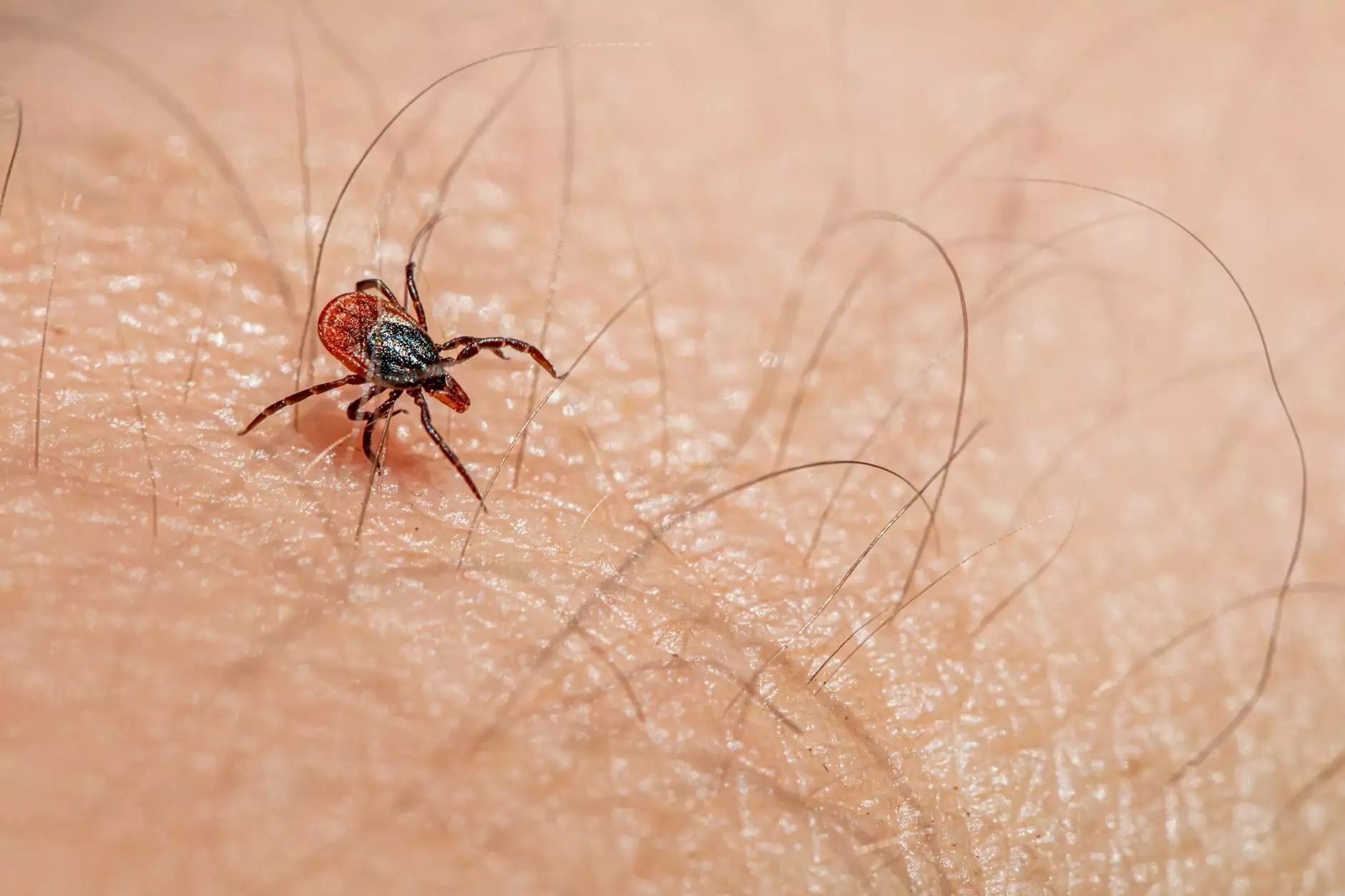Understanding Equine Vet Medicine: The Key to Your Horse's Health

Equine vet medicine is a specialized field dedicated to the health and well-being of horses. The significance of this branch of veterinary medicine cannot be overstated, as horses are unique animals that require tailored care. In this comprehensive guide, we will explore the various aspects of equine vet medicine, discussing preventative care, common ailments, innovative treatments, and the importance of partnerships between horse owners and veterinarians.
The Importance of Equine Veterinary Care
Like all animals, horses need veterinary care to maintain optimal health. Equine vet medicine encompasses a broad spectrum of services that ensure our equine companions remain healthy. Regular check-ups play a crucial role in early detection of potential health issues. Here are some key reasons why equine vet medicine is essential:
- Preventative Care: Regular vaccinations and health checks to prevent diseases.
- Early Detection: Identify health issues before they escalate into serious conditions.
- Weight and Nutrition Management: Advice on proper diet to maintain healthy body conditions.
- Dental Care: Regular dental check-ups to avoid problems that can affect overall health.
- Emergency Care: Rapid response options for emergencies affecting horses.
Common Equine Health Issues
Understanding the common health problems that affect horses is vital for every horse owner. Here are some prevalent conditions that equine veterinarians often encounter:
1. Colic
Colic refers to abdominal pain that can occur in varying degrees of severity. It can be caused by a variety of factors, including diet changes, dental issues, and intestinal obstruction. Regular check-ups are crucial to detect early signs of colic and to manage the horse's diet effectively.
2. Laminitis
Laminitis is another serious condition that impacts the hoof’s tissues. It's important to recognize the symptoms early, as this condition can lead to severe pain and lameness. Proper hoof care and management are essential preventative measures against laminitis.
3. Respiratory Infections
Horses are prone to respiratory diseases, particularly if exposed to poor air quality or certain allergens. Conditions such as equine asthma can develop if not properly managed. Maintaining a clean environment is key in preventing respiratory issues.
4. Skin Conditions
Horses can suffer from a variety of skin conditions, including bacterial and fungal infections. Regular grooming can help identify issues early before they become widespread health problems.
Preventative Measures in Equine Vet Medicine
Preventative care is the cornerstone of effective equine vet medicine. Here are critical measures that all horse owners should incorporate into their routine:
Vaccinations
Vaccinating your horse against common diseases such as West Nile virus, tetanus, and rabies is essential. Work with your veterinarian to create an appropriate vaccination schedule based on your horse's age, breed, and lifestyle.
Regular Health Check-Ups
Scheduled veterinary visits for check-ups are crucial. These visits may include physical examinations, dental checks, and vaccinations, ensuring your horse is fit and healthy.
Nutritional Counseling
A balanced diet is critical for a horse's health. Nutritional counseling from your veterinarian can guide you in choosing the best feed and supplementation based on your horse’s needs.
Advancements in Equine Vet Medicine
Equine veterinary medicine is continuously evolving through advancements in technology and research. Here are some of the latest innovations in the field:
Regenerative Medicine
Regenerative medicine, particularly stem cell therapy, is gaining traction for treating equine injuries and conditions. This innovative approach has shown promising results in repairing damaged tissues and accelerating recovery.
Telemedicine
Telemedicine allows horse owners to consult with veterinarians remotely. This is especially useful for advice and follow-ups, significantly improving access to care and monitoring.
Diagnostic Imaging
Advancements in diagnostic imaging, including ultrasound and MRI for horses, enable veterinarians to accurately diagnose conditions that were previously difficult to assess.
Building a Relationship with Your Veterinarian
Your partnership with your veterinarian is crucial for maintaining your horse's health. Here are some tips for nurturing this relationship:
- Open Communication: Always discuss any concerns or observations you have regarding your horse's health.
- Follow Recommendations: Adhere to the treatment and care plans advised by your veterinarian.
- Be Proactive: Schedule regular visits and vaccinations to stay ahead of potential health problems.
Conclusion
In conclusion, equine vet medicine is essential for the health and well-being of horses. By understanding the common health issues, engaging in preventative care, and embracing advancements in veterinary science, horse owners can significantly enhance their horse’s quality of life. Building a strong relationship with your veterinarian at places like Blue Pearls Vet Clinic will ensure you have the support and expertise needed to keep your horse healthy and happy.









